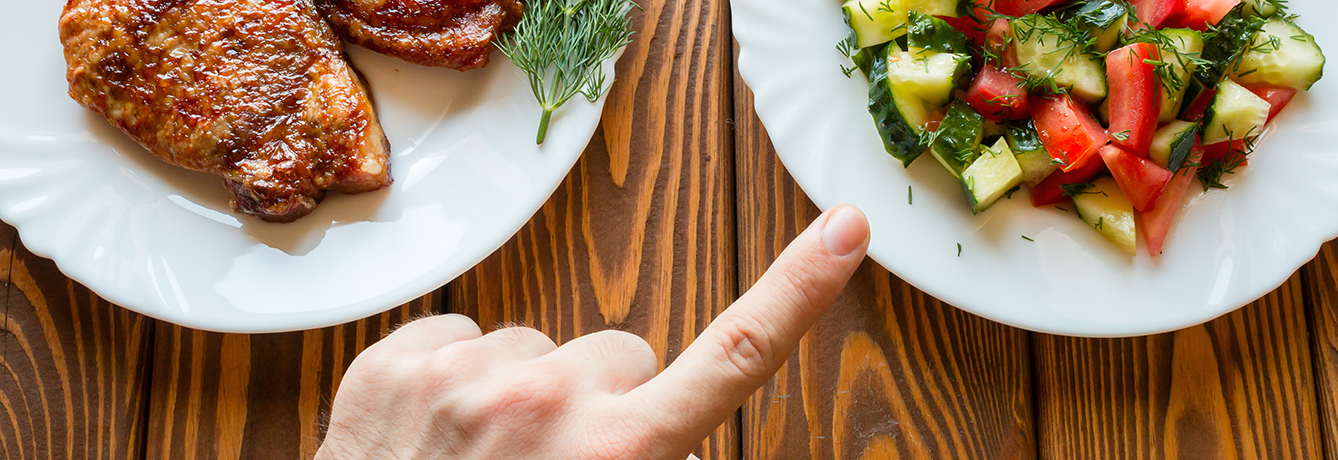Are You Pro-Vegetarian?

Plants for Protein, Heart Health
While we know cardiovascular disease and diabetes can be dramatically reduced by consuming more plants than animal products, the link between obesity was yet to be discovered until now. Tracking 16,000 non-obese individuals for close to 20 years, the quest to find the incidence of obesity, defined as a body mass index of greater than 30, and a pro-vegetarian or plant-based diet was sought. Points were assigned based on what the participants ate: positive numbers for plant food groups and negative points for animal groups. As it may, the higher consumption of a vegetarian diet reduced the risk of developing obesity by 43 percent. These results held true regardless of several factors including family history, smoking, sleep patterns and physical activity.
So, what does this mean? Vegetables, fruits, grains, nuts, olive oil, legumes, and potatoes were classified in the positive point category, whereas animal fat, dairy, eggs, fish, seafood, and meat were in the negative category. Current recommendations do support the shift to more plant-based meals, with lower intake of animal foods. This comes with finding balance and what works best for your lifestyle.
If you haven’t incorporated ‘Meatless Mondays’ into your routine, now may be as good of a time as ever if you know that more fruits and vegetables can decrease your risk of obesity by nearly 50%. But, the most common feedback is usually in regards to getting enough protein when choosing alternative types. We are bombarded with marketing that claims we need extra protein in our diet, when in fact that may not be the case. On average, we need about 0.8 grams of protein per kilogram of weight. So, if you are 150 pounds, this equates to 68 kilograms of weight and one would need approximately 55 grams of protein per day. This adds up quickly if you are a meat eater as one half of a chicken breast is 30 grams of protein, yet most people eat the entire chicken breast. Multiply that by two meals with meat or poultry a day, plus the protein found in many grains, nut butters and other common foods we consume daily, and we well exceed the general recommendations. On the contrary, one cup of black beans will yield 15 grams of protein, not to mention 15 grams in fiber too, which will leave you feeling fuller and healthier, with a lot more variety to add to your plate. Try the Spinach-Eggplant Enchiladas for your next meatless meal and see how you feel, the benefits certainly outweigh the risks.
Published July 1, 2017
Get Some Fresh Inspiration


